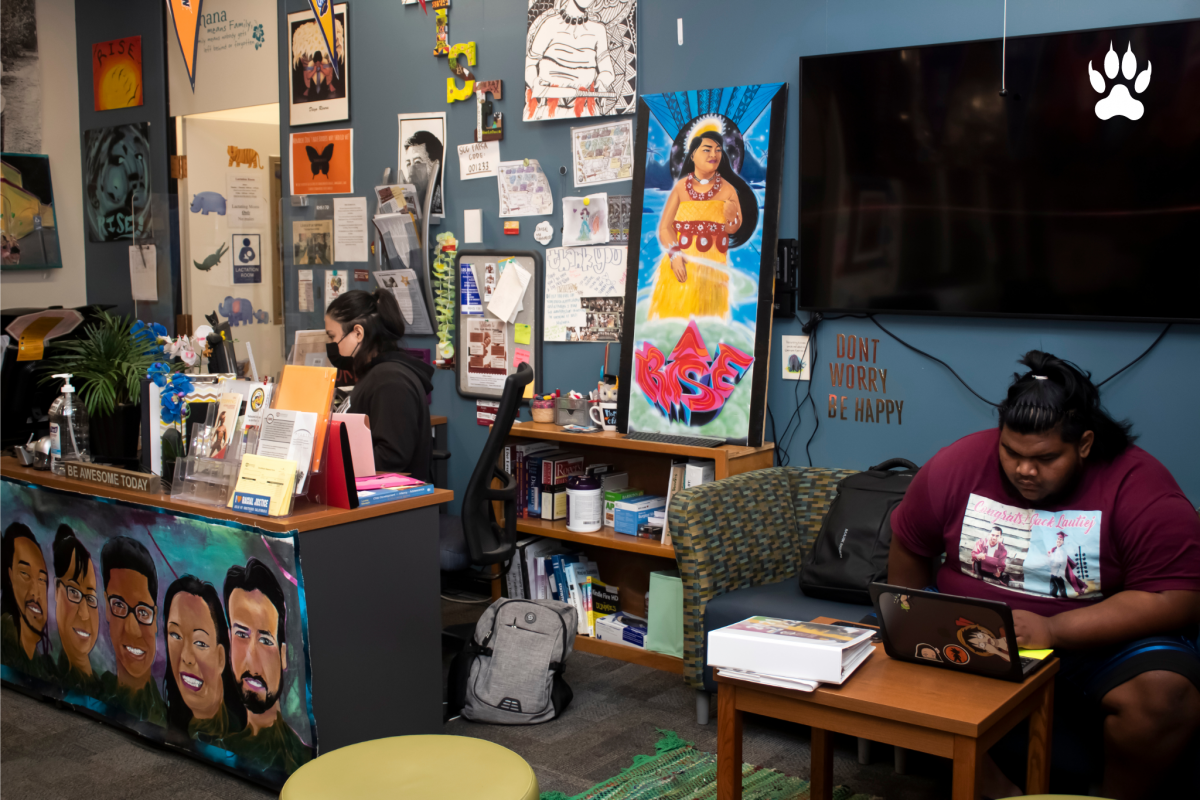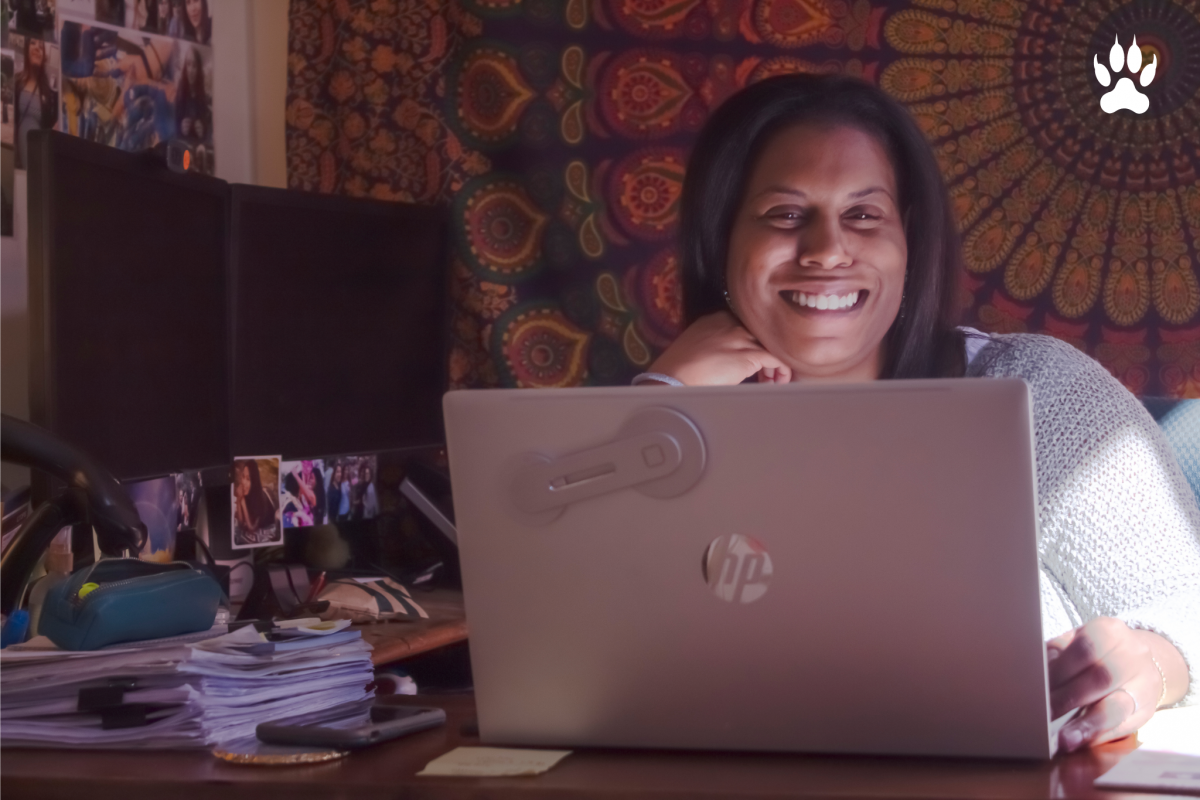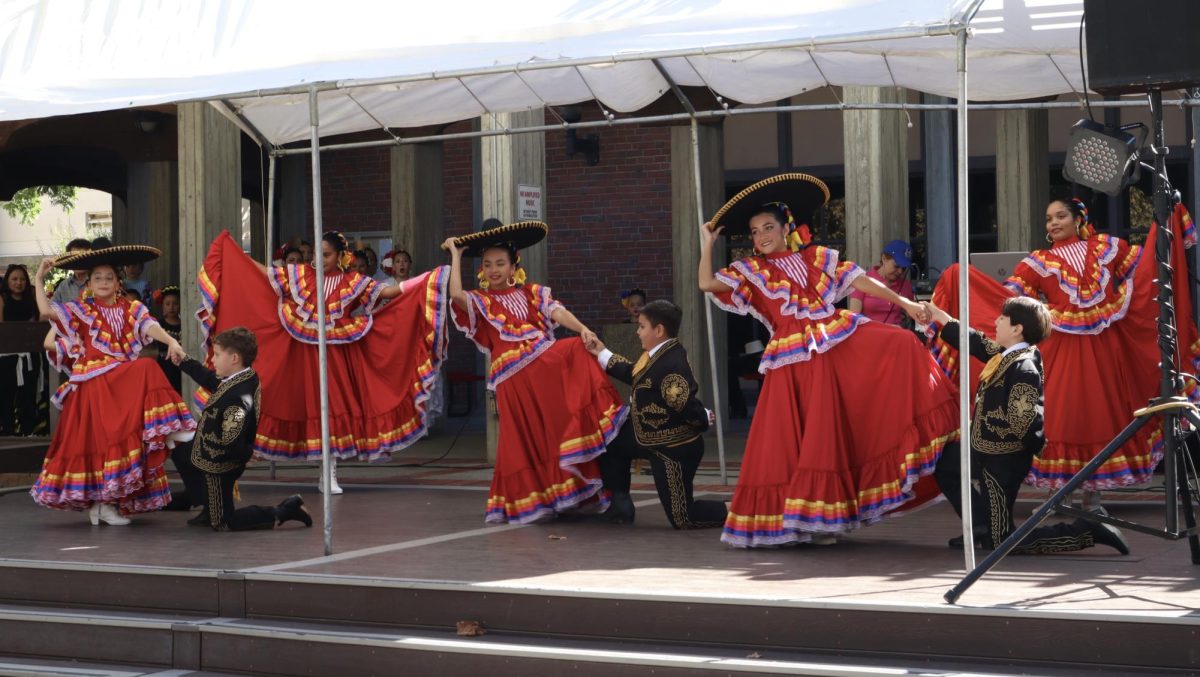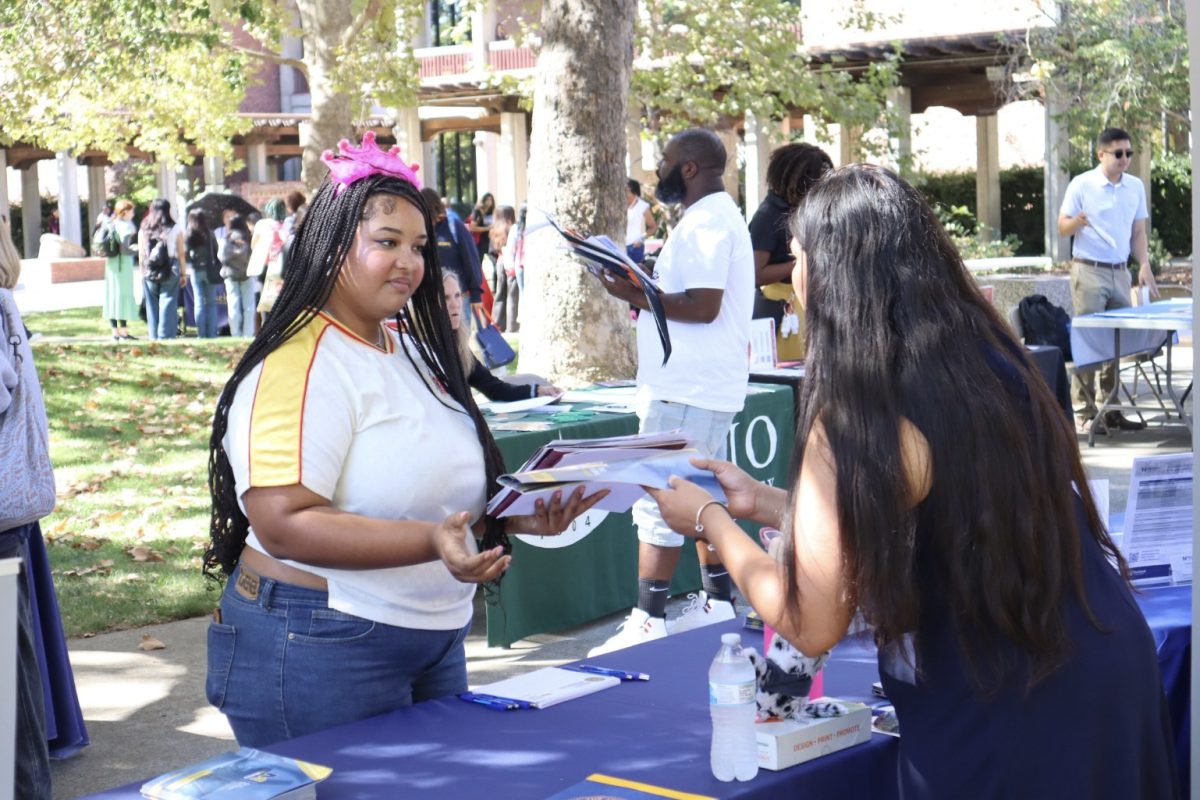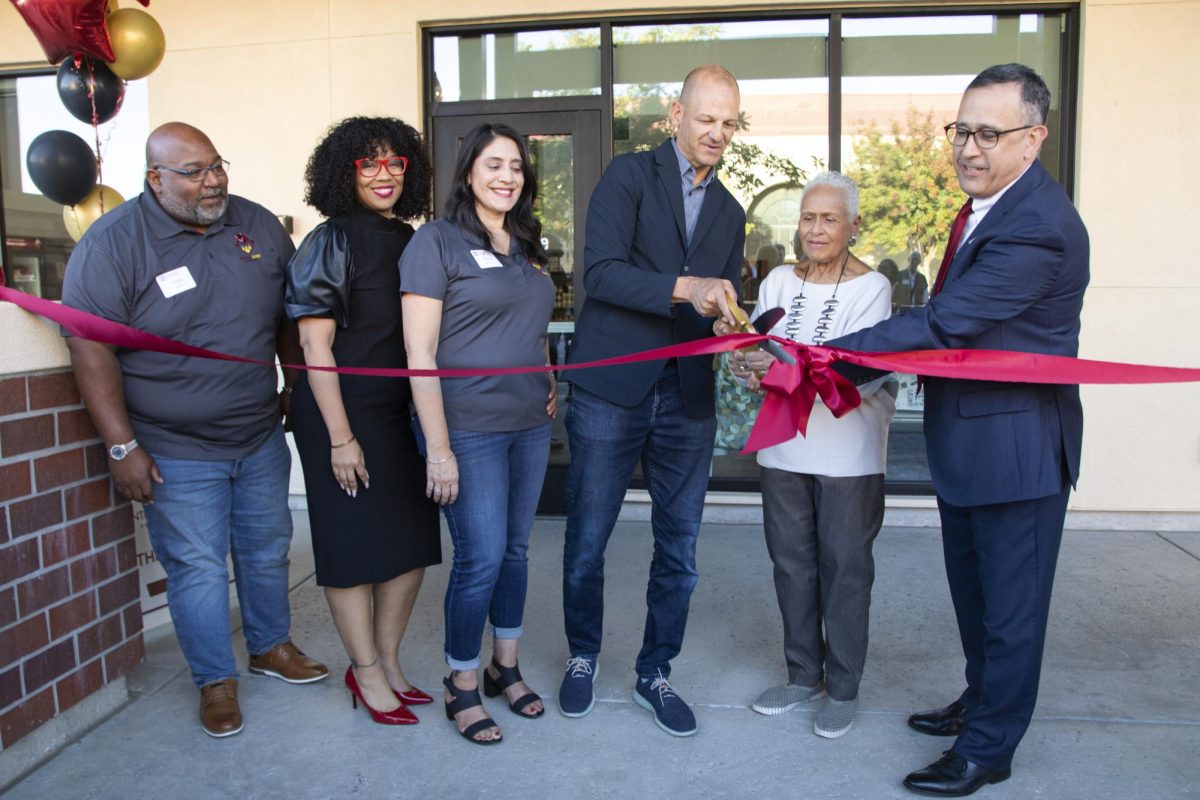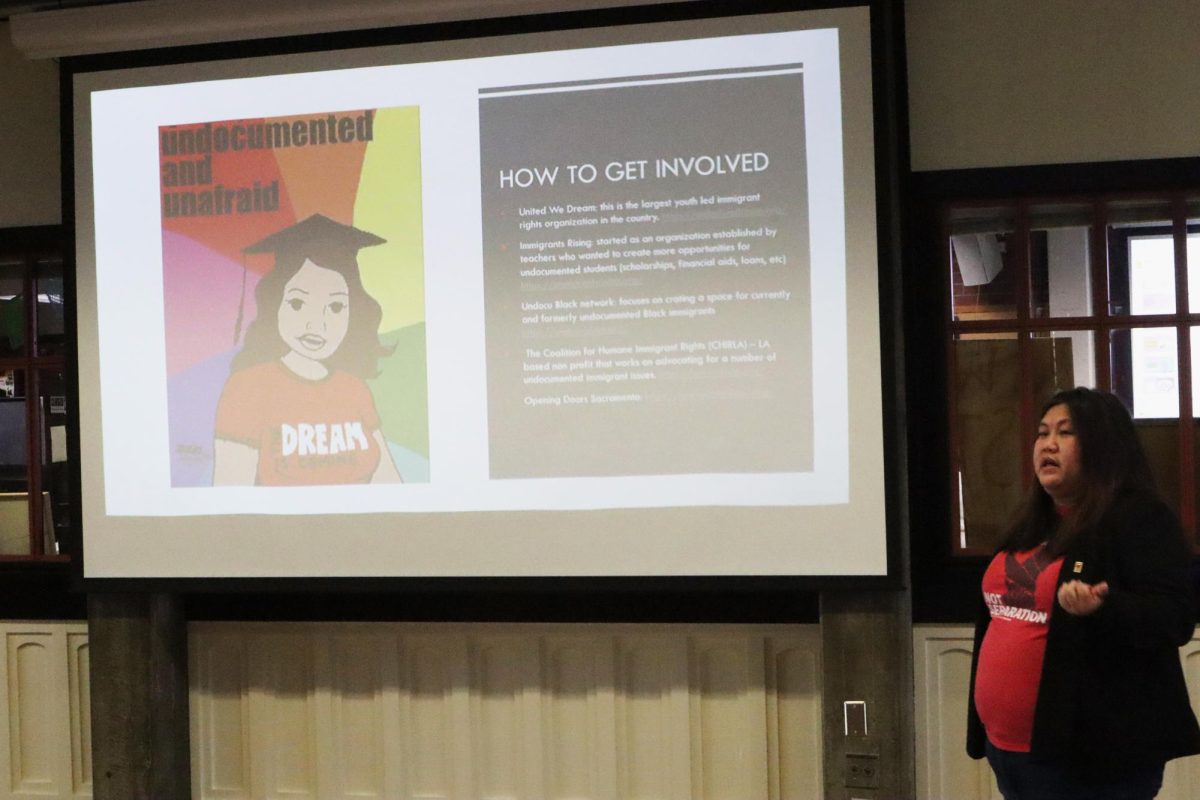City College’s Junior RISE program just welcomed its first cohort of students who have been in the program since high school.
The Junior RISE program works with four local high schools: Luther Burbank, John F. Kennedy, C.K. McClatchy, Hiram Johnson. City College has four student support specialists, with one housed at each of the schools. Specialists help students to navigate through difficult transitions. They work with first-generation college students, low-income, undocumented, English as a second language and other non-traditional students.
They are “feeling supported not only academically but morally, emotionally, mentally,” said Dalila Perez, who is a student personnel assistant for the program.
Jake McClain, a member of Junior RISE and freshman electrical engineering major, first heard about the program from one of the disability services and programs for students and staff. “They helped set me up for what I need to do to get my degree, and helped me figure out what classes I need to take,” McClain said.
Another benefit of Junior RISE is that once students come to college after high school, they see familiar faces and already know about services the program provides. “It is heavy on building that relationship with students,” said Valerie Lockhart, a student support specialist for the RISE program.
Junior RISE is part of the larger RISE program at City College, which operates as a student support service on campus. It was originally founded as a club in 1999 by two counselors, Keith Muraki and Juan LaChica, who are both retired now. The main purpose back then was to “support Black and brown students that were falling through the cracks with academic probation and dismissal,” said Lockhart.
The RISE program provides academic tutoring, academic counseling, a computer lab, and tours of City College for Junior RISE members. Above all, the program provides emotional support and a sense of belonging on campus, Lockhart said.
The Junior RISE program is a spinoff from the original RISE, according to Lockhart. Counselors with RISE help high school students with applying to City College, obtaining a student identification number, and assisting with financial aid. The RISE and the Junior RISE programs are open to all students, and to be qualified for RISE students just need to be enrolled in college classes.
“We lose a lot of students from high school to community college, and trying to bridge that gap is the main focus,” said Perez, who offers advanced education mainly for juniors and seniors. That is why the RISE members created the Junior RISE program.
“We work with them, work with any struggles that they may have. And celebrate them,” said Lockhart.
Lockhart became RISE’s first full-time employee 10 years after the program’s launch. Thirteen years later, Perez, who was just hired this year, became the second full-time employee.
Many students have returned to the program after completing their bachelor’s and master’s degrees. The reason for this lies in the support they received in the program. “We just want to give back to students what was given to us by our mentors,” Lockhart said.
Nicole Flores, a first semester English major, has been working as a part-time employee at RISE since August. She was in the Junior RISE class this spring and now helps with Spanish tutoring. “You help a lot of people, and there is a lot of support here,” Flores said. This is what they call “peer networking.”
There is a sign in the RISE program office on campus that sums up what the program is trying to achieve. It reads: “Ohana means family, family means nobody gets left behind or forgotten.”























